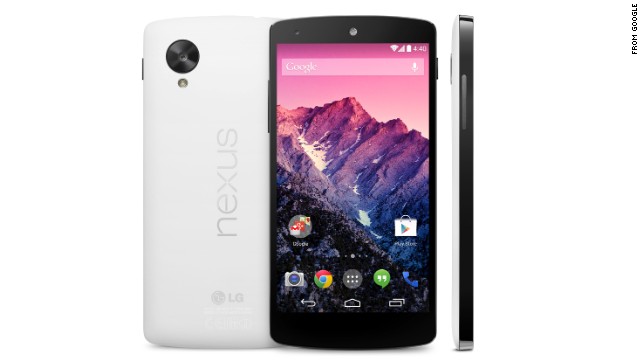 Android kitkat
nexus 5
Top Features: Nexus 5 & Android 4.4 KitKat
Android kitkat
nexus 5
Top Features: Nexus 5 & Android 4.4 KitKat
Google’s Nexus 5 comes with Android’s latest version KitKat and it have include many new features. Here we are talking about top five featu...
 Android kitkat
nexus 5
Top Features: Nexus 5 & Android 4.4 KitKat
Android kitkat
nexus 5
Top Features: Nexus 5 & Android 4.4 KitKat
Google’s Nexus 5 comes with Android’s latest version KitKat and it have include many new features. Here we are talking about top five featu...
 nexus 5
Google releases Nexus 5 phone with Kit Kat
nexus 5
Google releases Nexus 5 phone with Kit Kat
Google releases Nexus 5 phone with Kit Kat http://www.cnn.com (CNN) -- Google on Thursday released its latest candy-themed mobile operatin...
 android 4.4 KitKat
nexus 5
Nexus 5 Comes with Android 4.4, Will Announce on October 15: Report
android 4.4 KitKat
nexus 5
Nexus 5 Comes with Android 4.4, Will Announce on October 15: Report
Google is going to organize an event on October 15. According to rumors Google will unveil the next version of Nexus 4 and Android. It is ve...
 android 4.4 KitKat
LG
nexus 5
Smartphone with Android 4.4 KitKat: Nexus 5
android 4.4 KitKat
LG
nexus 5
Smartphone with Android 4.4 KitKat: Nexus 5
Google will launch its next generation smartphone with next generation OS version in month of October. In mid of October a big event will be...